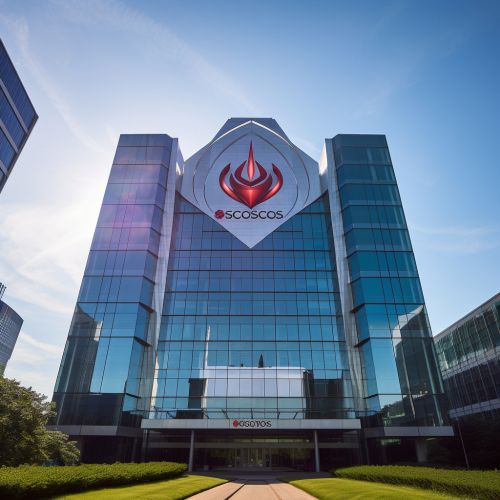Roscosmos
Overview
Roscosmos, officially known as the Roscosmos State Corporation for Space Activities, is the governmental body responsible for the space science program in Russia and general aerospace research. It was established on February 25, 1992, following the dissolution of the Soviet Union and the disbanding of the Soviet space program.


History
The history of Roscosmos is deeply intertwined with the history of Soviet and Russian space exploration. The Soviet Union was a major player in the Space Race against the United States during the Cold War, achieving a number of significant milestones in space exploration.
Structure and Function
Roscosmos is a large and complex organization with numerous departments and subdivisions. Its primary function is to manage all Russian civilian and military space activities. This includes the development and operation of unmanned and manned spacecraft, satellites, and space probes, as well as the management of Russia's contributions to international space projects like the ISS.
Major Achievements
Roscosmos and its predecessor, the Soviet space program, have been responsible for a number of significant achievements in space exploration. These include the first human-made object to orbit the Earth, the first human spaceflight, and the first woman in space.
Current Projects and Future Plans
Roscosmos is currently involved in a number of ongoing projects and has several ambitious plans for the future. These include the development of new spacecraft and launch vehicles, the exploration of the Moon and Mars, and the construction of a new space station.
Controversies and Criticisms
Like any large organization, Roscosmos has faced its share of controversies and criticisms. These have ranged from allegations of corruption and mismanagement to concerns about the safety of its spacecraft and astronauts.
